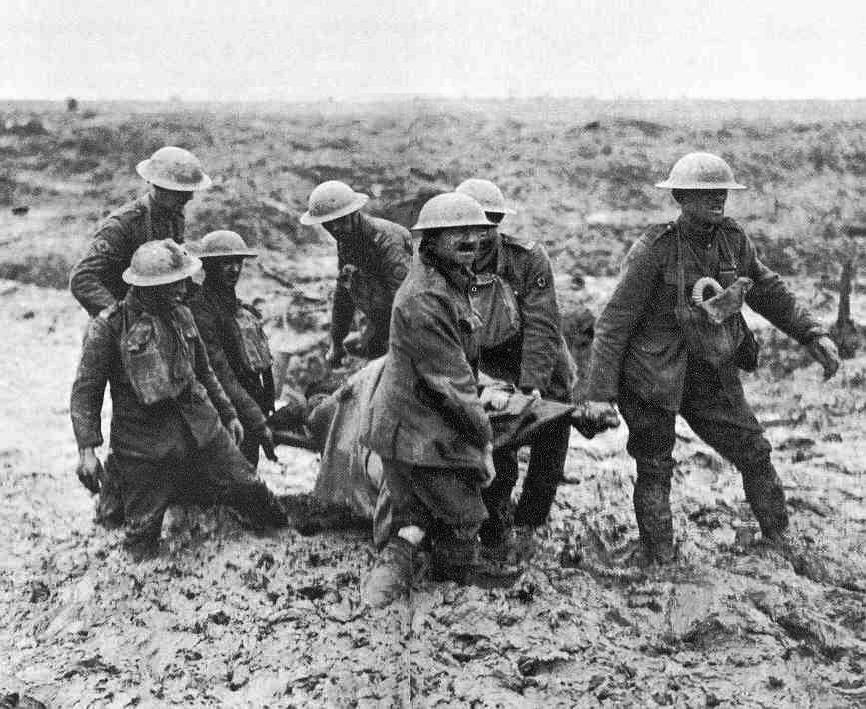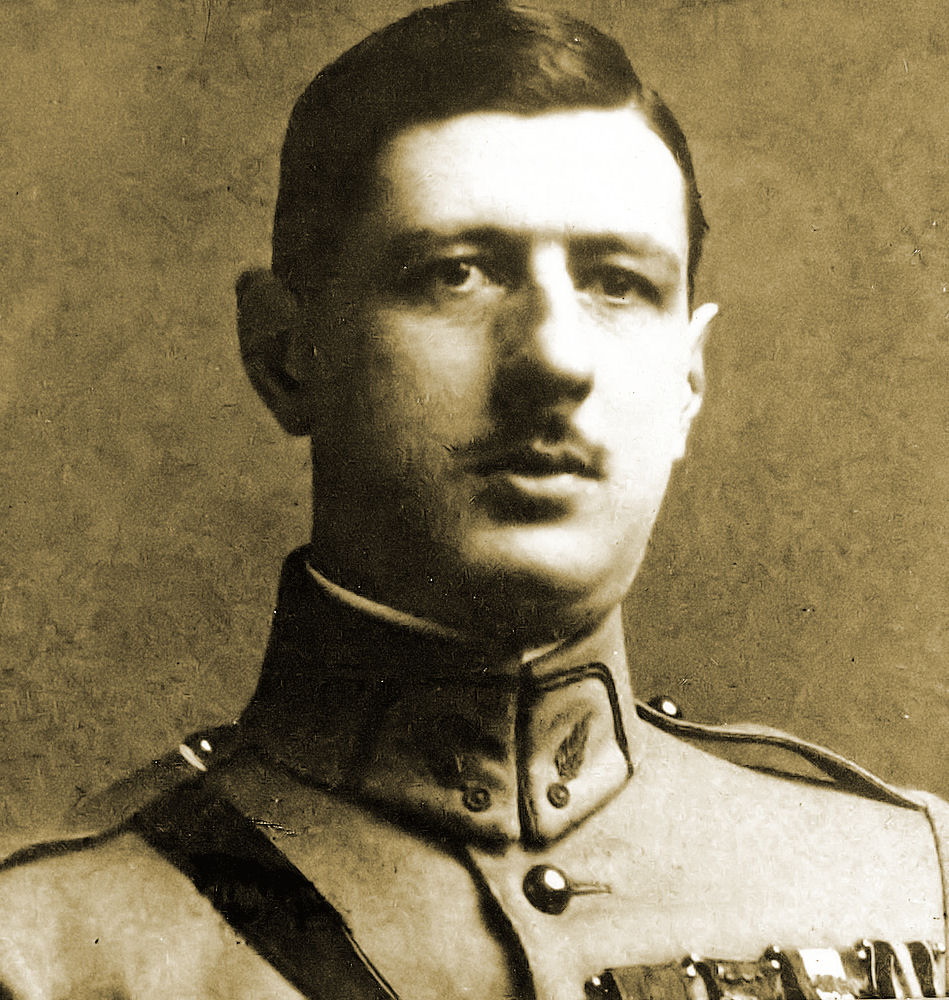The Trenches Fill with Water; They are Sinking,
Along with the Soldiers in Them.
‘More Cruel, Relentless, Pitiless: Sigmund Freud.
Special to The Great War Project
(12-13-14 December) Conditions on the Western Front are horrible, and getting worse.
One great factor is mud, making fighting almost impossible.
Visiting the front line, French General Philippe Petain reports that “deep mud was delaying the French advance,” according to historian Martin Gilbert. The British Commander-in-Chief, Sir John French, found the ground “only a quagmire” on a front-line visit just two days ago.
One British general remembers later, “There appeared to be no stones or gravel, and rain converted the soil into a sort of liquid mud of the consistency of thick porridge,” Gilbert writes, “without the valuable sustaining quality of that excellent Scots mixture.”
“To walk off the roads meant sinking in at once.”
The trenches themselves sink as soon as they are built…
“so to retain any cover at all meant constant work.”
Fighting does continue with each side taking a few trenches only to lose them a few days later. Often most of the rifles become clogged with mud and unable to fire.
In one encounter around this time involving the British Indian Corp, the Corp’s official history reports that “torrential rain during the night had made the trenches almost untenable. In many places the fire-step had been washed away, and the men were consequently unable to stand high enough to fire over the parapet.”
In some places the trenches were knee-deep and in some places waist deep in mud and icy water,” clogging many rifles, rendering them useless. The sucking mud makes the trenches “veritable death-traps…Men had their boots, and even their clothes pulled off by the mud.
During one limited retreat in these days, the Germans explode a mine under one of the Indian trenches, Gilbert reports. This is one of the first such attacks from below, where soldiers dig deeply in tunnels under the trenches of the enemy to set explosives.
In one such attack around this time, British troops are cleaning their rifles when according to historian Max Hastings, they hear a rumbling sound and all the trenches around them are shaking. The parapet and trenches give way “and the ground opened up all around us. A chain of enemy mines explodes, reports Hastings. After the mines explode, the German soldiers in trenches only ten yards away are heard to be cheering.
Many of the British soldiers are smothered.
Attacks like these cost each side many soldiers, and the alarm grows among British generals that they are losing too many men.
One little-known French officer, Charles de Gaulle, writes to his mother at this time: “What is this conflict but a war of extermination? A struggle of this kind, which in its range, significance and fury goes beyond anything that Europe has ever known, cannot be waged without enormous sacrifices.”
Sigmund Freud also weighs in, “recognizing the unprecedented savagery of the conflict,” according to historian Max Hastings. “It is not only more bloody and more murderous than any previous wars,” Freud writes from Vienna, “but also more cruel, more relentless, more pitiless.”
Writes one German soldier around this time a century ago: “We thought we had come for four days. Will the whole war last for four years because we reckoned on four months?”
Hastings adds: “A sinking sense of the enormity and intractability of their predicament suffused millions of men of the rival armies, sunk into their unlovely earthen homes.”


